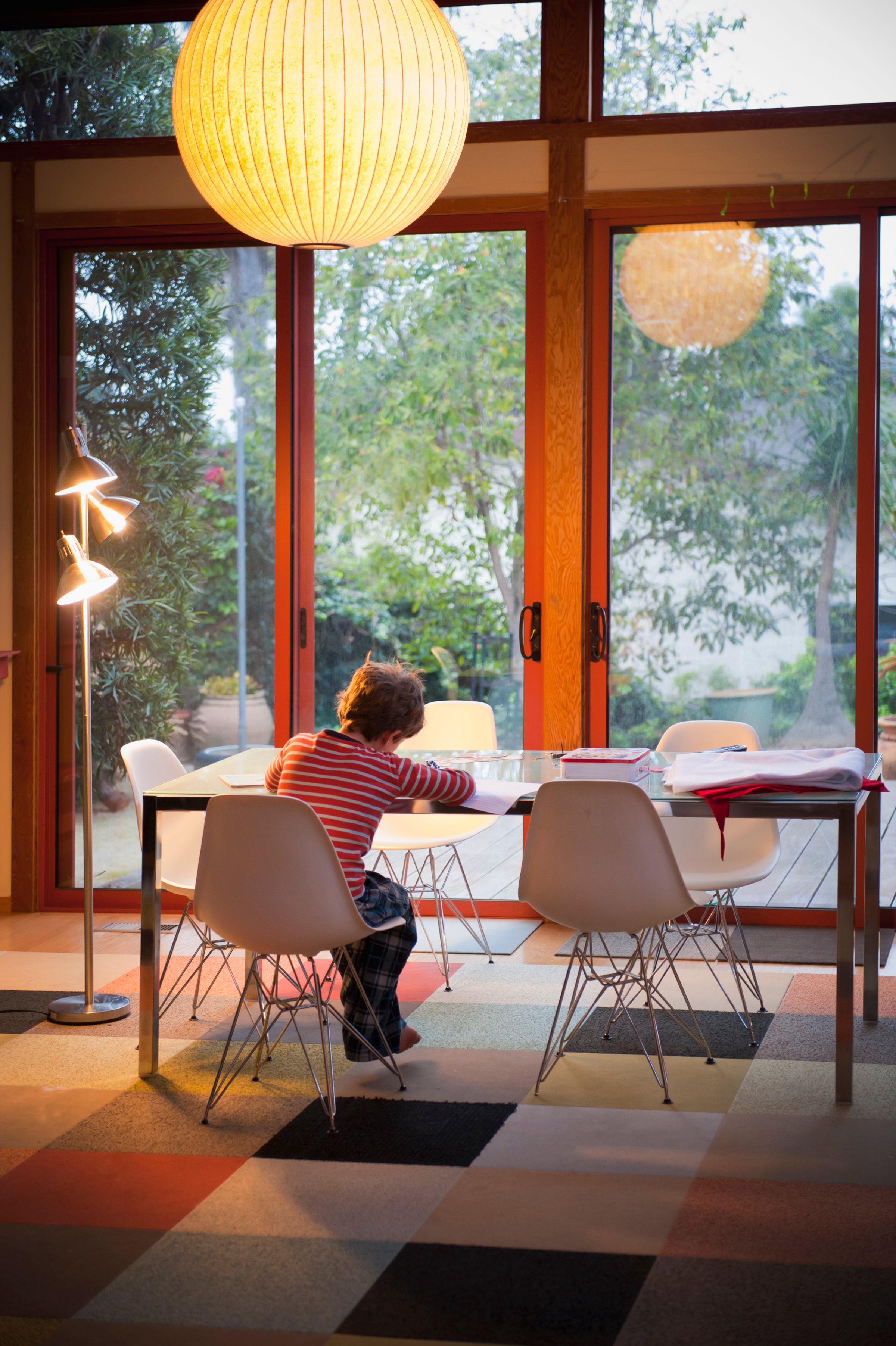
President Obama’s pick for Education Secretary, John King, Jr., is headed for confirmation Mar. 9. King’s track record shows he loves standardized testing and quantifying learning. If he loves numbers and research, he should welcome what some teachers and families have known for years: that homework at young ages does more harm than good.
We’re currently enmeshed in a high-pressure approach to learning that starts with homework being assigned in kindergarten and even preschool. Homework dominates after-school time in many households and has been dubbed the 21st century’s “new family dinner.” Overtired children complain and collapse. Exasperated parents cajole and nag. These family fights often ends in tears, threats, and parents secretly finishing their kid’s homework.
Parents put up with these nightly battles because they want what’s best for their kids. But, surprise, the opposite is more likely to be true. A comprehensive review of 180 research studies by Duke University psychologist and neuroscientist Harris Cooper shows homework’s benefits are highly age dependent: high schoolers benefit if the work is under two hours a night, middle schoolers receive a tiny academic boost, and elementary-aged kids? It’s better to wait.
If you examine the research—not one study, but the full sweep of homework research—it’s clear that homework does have an impact, but it’s not always a good one. Homework given too young increases negative attitudes toward school. That’s bad news, especially for a kindergartener facing 12 more years of assignments.
Read More: Why You Shouldn’t Do Your Child’s Homework
Children rebel against homework because they have other things they need to do. Holler and run. Relax and reboot. Do family chores. Go to bed early. Play, following their own ideas. Children have been told what to do all day long at school—which is mostly sitting still and focusing on the academic side. Academic learning is only one side of a child. When school is out, kids need time for other things.
Some schools are already realizing this. New York City’s P.S. 116 elementary school made news last year when its principal Jane Hsu abolished homework and asked families to read instead. Individual schools and teachers from Maryland to Michigan have done the same, either eliminating homework in the elementary years or making it optional. But schools also report that if teachers don’t give it, some parents will demand it.
Believers in homework say it teaches soft skills like responsibility and good study habits. That’s another problem with homework in elementary school. Young kids can rarely cope with complex time management skills or the strong emotions that accompany assignments, so the responsibility falls on parents. Adults assume the highly undesirable role of Homework Patrol Cop, nagging kids about doing it, and children become experts in procrastination and the habit of complaining until forced to work. Homework overtakes the parents’ evening as well as the child’s. These roles aren’t easy to shake.
Read More: How Hard Is Too Hard to Push Kids?
When homework comes at a stage when it can academically benefit students, it can also be a student’s responsibility. That means a high school student should be expected to do her homework without being reminded. It may take a year or two of practice in middle school, but it doesn’t require years of practice. Before age 11, responsibility can be taught in other ways. For a 6-year-old, that means remembering to feed the cat and bring home her lunchbox.
If we want students to improve memory, focus, creative thinking, test performance and even school behavior, the answer is not more homework, the answer is more sleep. The National Sleep Foundation reports that our children are suffering sleep deprivation, partly from homework. If we pride ourselves on a rational, research-based approach to education, we must look at the right facts.
Parents often feel stuck with homework because they don’t realize they have a choice. But they do. Schooling may be mandatory, but homework isn’t. Families can opt out. Parents can approach the teacher either about homework load or the simple fact of doing homework at all, especially in elementary school. Many teachers will be more than happy with the change. Opting out, or changing the homework culture of a school brings education control back down to the local level.
That’s another thing the new Education Secretary has promised: to turn more control for education decisions over to states and local school districts. That could spell good news for students – if local teachers and principals do their own homework and read up on what the research says about making kids do school work after school is done.
More Must-Reads from TIME
- L.A. Fires Show Reality of 1.5°C of Warming
- Home Losses From L.A. Fires Hasten ‘An Uninsurable Future’
- The Women Refusing to Participate in Trump’s Economy
- Bad Bunny On Heartbreak and New Album
- How to Dress Warmly for Cold Weather
- We’re Lucky to Have Been Alive in the Age of David Lynch
- The Motivational Trick That Makes You Exercise Harder
- Column: No One Won The War in Gaza
Contact us at letters@time.com